Tel: +86-17791247851
E-mail: jocelyn.Tang@bycti.cn
Tel: +86-17791247851
E-mail: jocelyn.Tang@bycti.cn
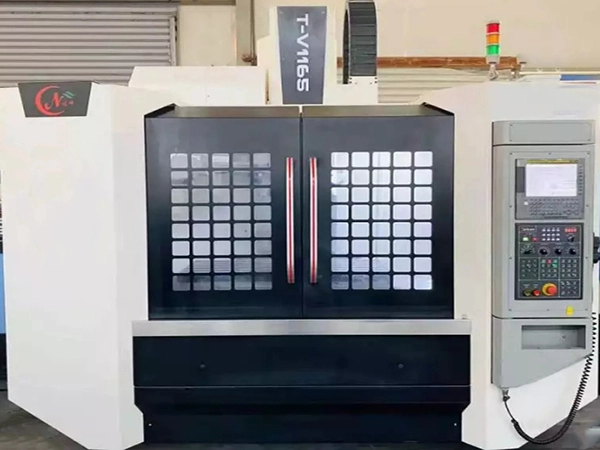
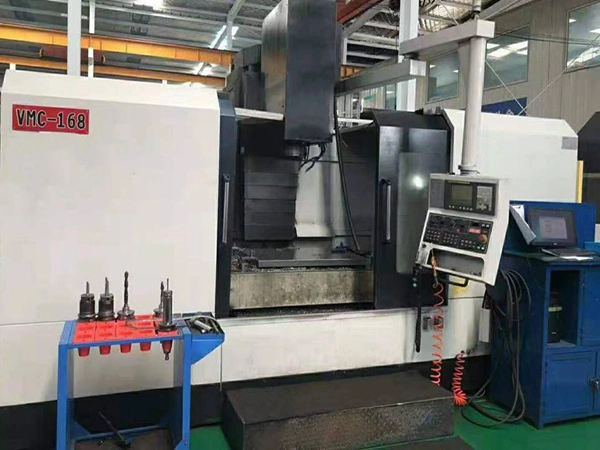
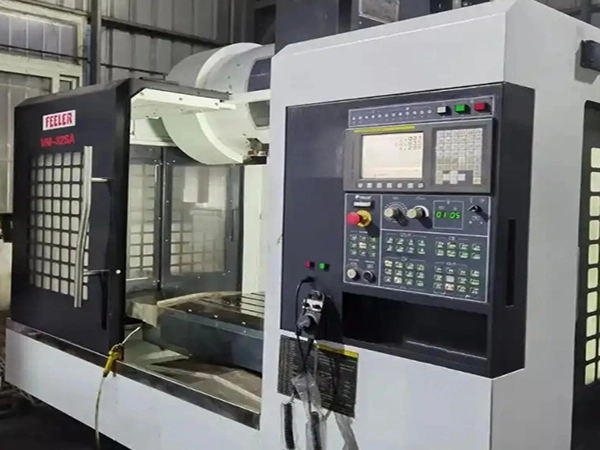
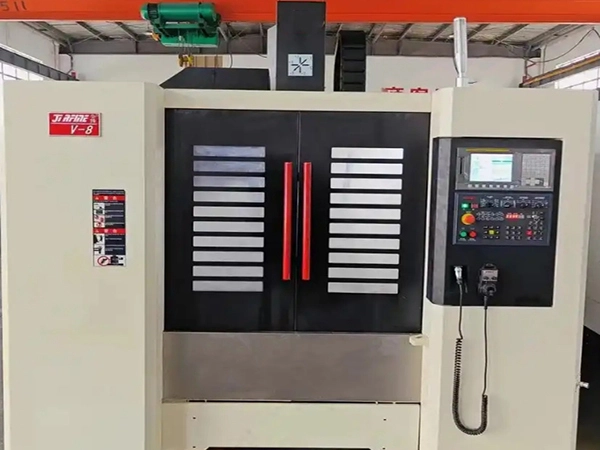
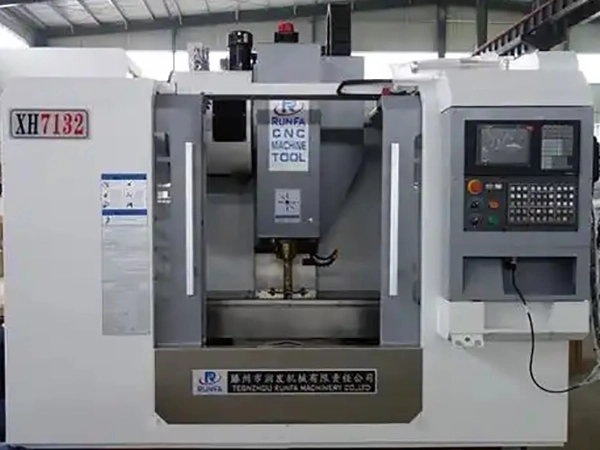
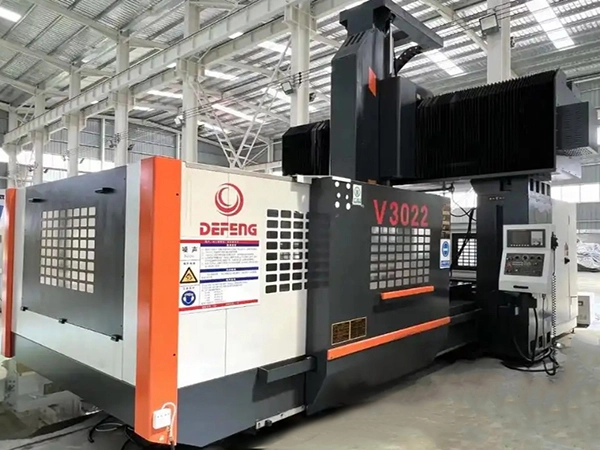
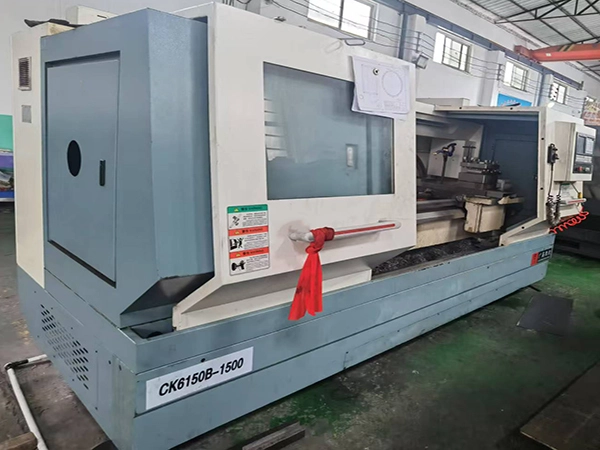
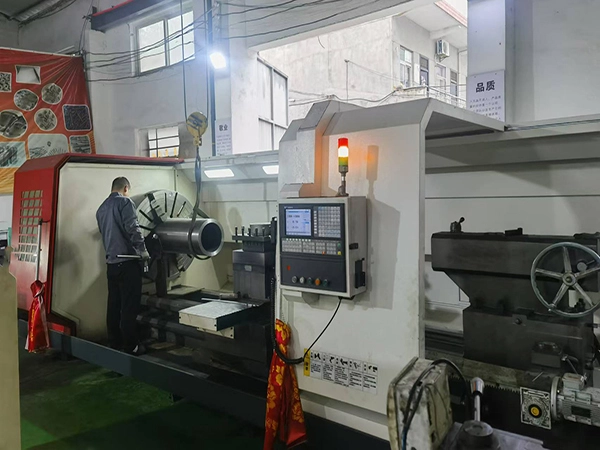
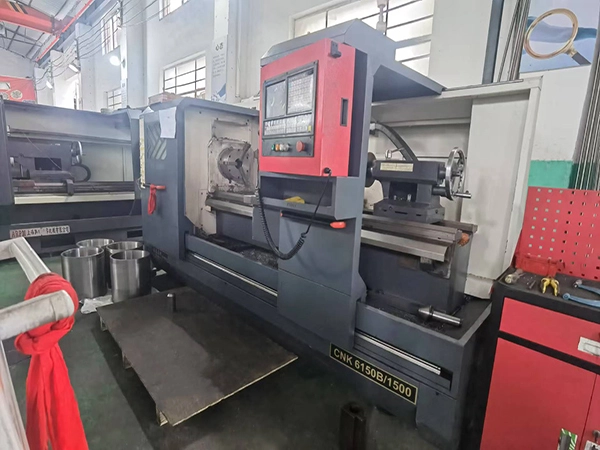
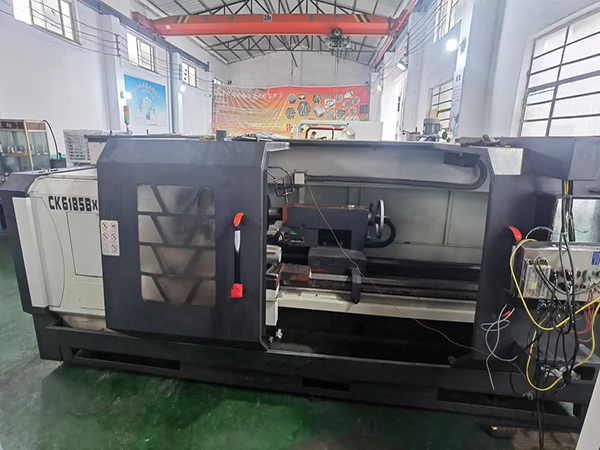
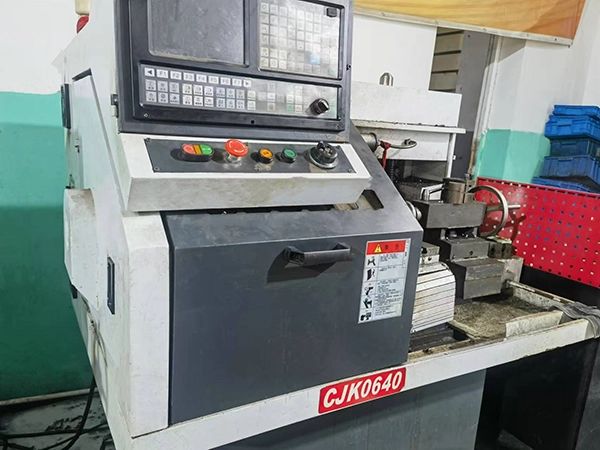
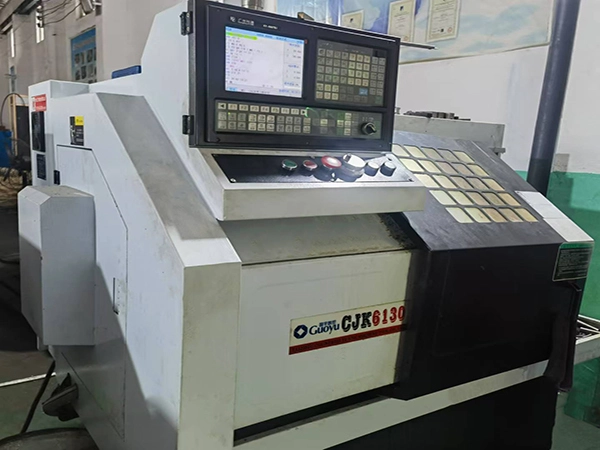
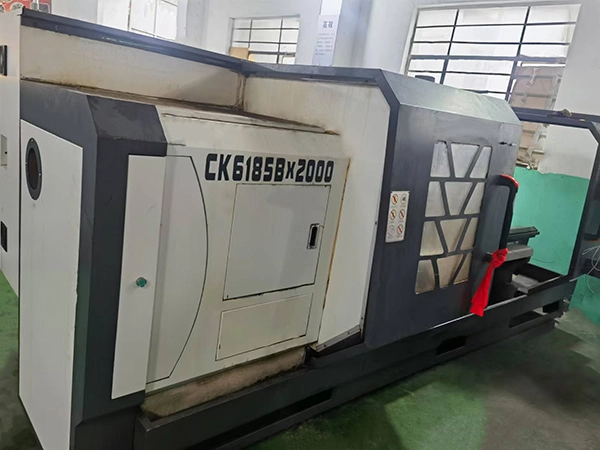
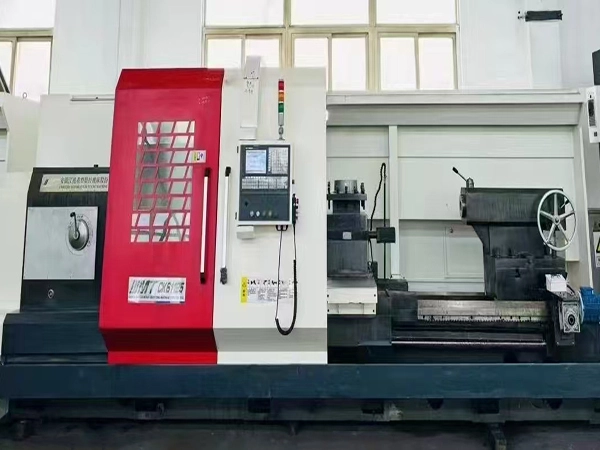
Titanium Products Customization Service: Unlock Your Exclusive Industrial Solutions
In the industrial field, the demand for high-performance customized materials is extremely urgent. We provide titanium products customization services. Titanium materials boast remarkable advantages. Our professional team strictly monitors every link to ensure that the products meet your requirements. Let's join hands to create a brilliant future.
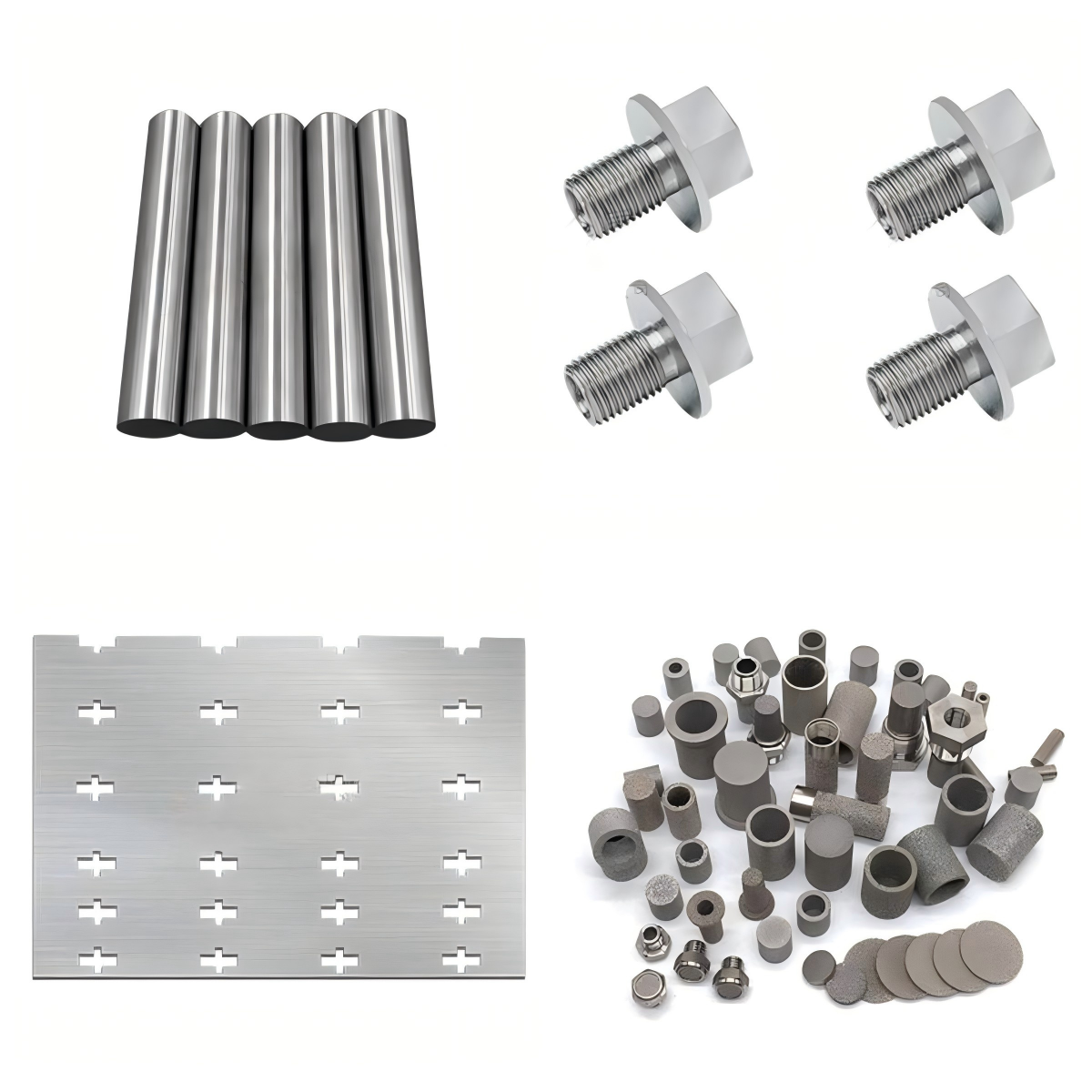
Non-ferrous metals refer to all metals except iron, manganese, and chromium. They possess a wide variety of physical and chemical properties, covering metals ranging from highly conductive copper to low-density and high-strength aluminum. They play an indispensable role in modern industry and are widely used in fields such as electronics, aerospace, and construction.
As a rare light metal, titanium has unique advantages in the non-ferrous metal family. Its density is only 4.5g/cm³, yet it has strength comparable to that of steel. This low-density and high-strength property makes it a key material in the aerospace field, such as in the manufacture of aircraft engine components and fuselage structural parts.
The surface of titanium easily forms a dense oxide film (mainly composed of TiO₂). This oxide film can effectively block the erosion of the titanium matrix by external media, enabling it to have excellent corrosion resistance in various harsh environments, such as seawater and acid-base solutions, far exceeding that of many common non-ferrous metals.
Titanium alloys are formed by adding other non-ferrous metal elements such as aluminum, vanadium, and molybdenum to pure titanium. By adjusting the types and contents of alloying elements, the material properties can be significantly optimized, such as increasing strength, improving processing performance, or enhancing high-temperature stability, to meet the customized needs of different industrial scenarios.
Non-ferrous metal processing technologies include casting, forging, rolling, extrusion, etc. For titanium product customization, the forging process is often used to manufacture aerospace components, which can refine the grain structure and improve the strength and toughness of the material; while precision rolling is suitable for the production of high-precision titanium plates to meet the strict requirements for material flatness and thickness accuracy in fields such as electronics and medicine.
Non-ferrous metal resources are limited, and recycling is of great significance. Take titanium as an example. Recycled titanium, after processes such as smelting and refining, can be reinvested in production. This not only reduces production costs but also reduces dependence on primary resources, which is in line with the concept of sustainable development and is also an important environmental-friendly aspect in our titanium product customization service.